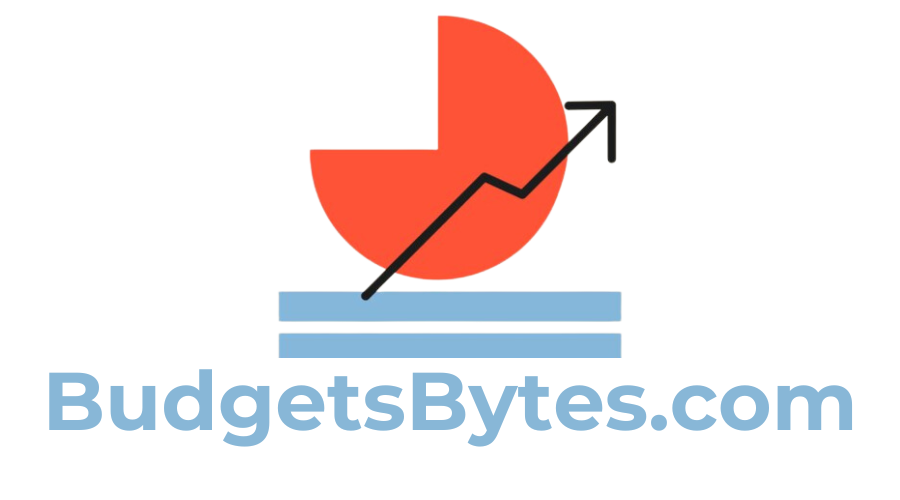Navigating the world of personal finance can be overwhelming, but understanding the basics is crucial for achieving financial security and independence. Whether you’re just starting your financial journey or looking to refine your existing strategies, this comprehensive guide covers essential topics in personal finance, from budgeting and saving to investing and debt management.
The Importance of Personal Finance
Personal finance involves managing your financial resources effectively to achieve your goals and secure your future. A solid understanding of personal finance is vital for several reasons:
- Financial Security: Proper financial management helps you build a safety net, allowing you to handle emergencies without falling into debt.
- Achieving Goals: Whether you want to buy a home, start a business, or save for retirement, effective personal finance strategies can help you reach these goals.
- Debt Management: Understanding how to manage debt responsibly can prevent financial pitfalls and help you maintain a healthy credit score.
- Investment Growth: Knowledge of personal finance empowers you to make informed decisions about investments, allowing your wealth to grow over time.
Core Components of Personal Finance
1. Budgeting
Budgeting is the foundation of personal finance. It involves creating a plan for how to allocate your income towards expenses, savings, and investments.
- Track Your Income and Expenses: Start by documenting all sources of income and categorizing your expenses. Use tools like spreadsheets, budgeting apps, or financial software to simplify this process.
- Create a Budget Plan: Allocate your income based on your needs and goals. A common method is the 50/30/20 rule: allocate 50% of your income for needs, 30% for wants, and 20% for savings and debt repayment.
- Review and Adjust: Regularly review your budget to see if you’re staying on track. Adjust it as needed to account for changing expenses or income levels.
2. Saving
Building savings is essential for financial stability. It provides a cushion for unexpected expenses and allows you to work towards long-term goals.
- Emergency Fund: Aim to save three to six months’ worth of living expenses in a separate, easily accessible account. This fund acts as a safety net in case of job loss or emergencies.
- Savings Goals: Set specific savings goals for major purchases, vacations, or other financial objectives. Having a target in mind can motivate you to save more diligently.
- Automate Savings: Consider setting up automatic transfers to your savings account each month. Automating your savings can help you reach your goals without the temptation to spend.
3. Investing
Investing is a critical component of personal finance that helps grow your wealth over time. While it involves some risk, the potential for higher returns makes it an essential strategy.
- Understand Investment Options: Familiarize yourself with various investment vehicles, such as stocks, bonds, mutual funds, and real estate. Each option comes with different levels of risk and potential returns.
- Diversification: To minimize risk, diversify your investments across different asset classes. This means not putting all your money into one investment but spreading it out over several to reduce exposure to loss.
- Start Early: The earlier you start investing, the more time your money has to grow. Consider taking advantage of retirement accounts like 401(k)s or IRAs, which offer tax benefits.
4. Debt Management
Managing debt effectively is crucial for maintaining financial health. High-interest debt can hinder your ability to save and invest, so it’s essential to develop a plan to tackle it.
- Understand Your Debt: List all your debts, including the balance, interest rates, and minimum monthly payments. Understanding your debt is the first step in managing it effectively.
- Debt Repayment Strategies: Choose a repayment strategy that works for you. Two popular methods are the snowball method (paying off the smallest debts first) and the avalanche method (paying off the highest interest debts first).
- Avoid New Debt: While paying off existing debt, be mindful of accumulating new debt. Use credit responsibly and consider whether you can afford new purchases without going into further debt.
5. Retirement Planning
Planning for retirement is essential for ensuring you can maintain your lifestyle in your later years.
- Determine Your Retirement Needs: Estimate how much money you will need in retirement based on your desired lifestyle, healthcare costs, and other factors.
- Start a Retirement Account: Contribute to retirement accounts such as a 401(k) or an IRA. Take advantage of employer matching contributions if available, as this is essentially free money.
- Adjust as Needed: Review your retirement plan regularly and adjust your contributions as your financial situation changes or as you get closer to retirement.
The Role of Financial Literacy
Improving your financial literacy is an ongoing process that can significantly impact your financial well-being. Here are a few ways to enhance your financial knowledge:
- Read Books and Articles: Explore personal finance literature and reputable websites to gain insights into effective financial management.
- Attend Workshops and Webinars: Many organizations offer free or low-cost workshops that cover various personal finance topics. These can provide valuable information and practical tips.
- Seek Professional Advice: If you’re uncertain about managing your finances, consider consulting a financial advisor. They can offer personalized advice based on your unique situation.
Common Financial Mistakes to Avoid
- Living Beyond Your Means: Avoid spending more than you earn, which can lead to debt accumulation.
- Ignoring Savings: Failing to prioritize savings can leave you unprepared for emergencies and future goals.
- Not Investing: Letting your money sit idle can hinder your wealth growth. Invest early and regularly to take advantage of compounding interest.
- Neglecting Retirement Planning: Delaying retirement savings can have long-term consequences. Start saving for retirement as soon as possible.
Conclusion
Understanding personal finance is essential for achieving financial stability and independence. By mastering budgeting, saving, investing, debt management, and retirement planning, you can take control of your financial future. Continuous education and awareness of common pitfalls will further enhance your financial literacy, allowing you to make informed decisions that lead to lasting success.

